Viva! Uganda
Viva! Uganda is passionate about advocating for LIFE. Viva! means ‘long live!’ and is a celebratory expression all over the world, meaning “Have a good long life”. And that is what we want for people and animals alike. Of course, for us all to have a good long life, we need a healthy planet!
Viva! Uganda’s call is Be Kind to All Kind.
We explore the consequences of what we eat – on farmed and wild animals, on our planet and on us.
We help people change their diet to plant-based to be kind to all kind. Viva! supports compassionate education of children, women’s empowerment and the sustainable growing of plant foods.
We campaign against animal cruelty and encourage respect for life.
Viva! also campaigns to protect our home, planet Earth. And we run projects to help people eat well with delicious plant-based foods.
Viva! was first founded in the UK in 1994, and subsequently in Uganda and Poland, and we are now a movement of people working together for more than 30 years creating a humane and more sustainable world for people and all animals.
News
-

Eat plant-based to reduce risk of mpox
Authorities in Moyo District, located in Northern Uganda, have imposed a ban on consuming wild animals, including monkeys, in an effort to curb the spread of mpox. The disease, which is currently affecting central Africa and reaching countries where it had not been previously detected, has prompted this urgent action. Pete Alomai, a single father of seven from Minzi village in Moyo
Recent projects
-

Would you swap? (university campaign)
Viva! Uganda’s groundbreaking “Would You Swap” campaign is touring universities! It is for students – designed to foster empathy and compassion by asking the thought-provoking question, “Would you swap places with me?”
-
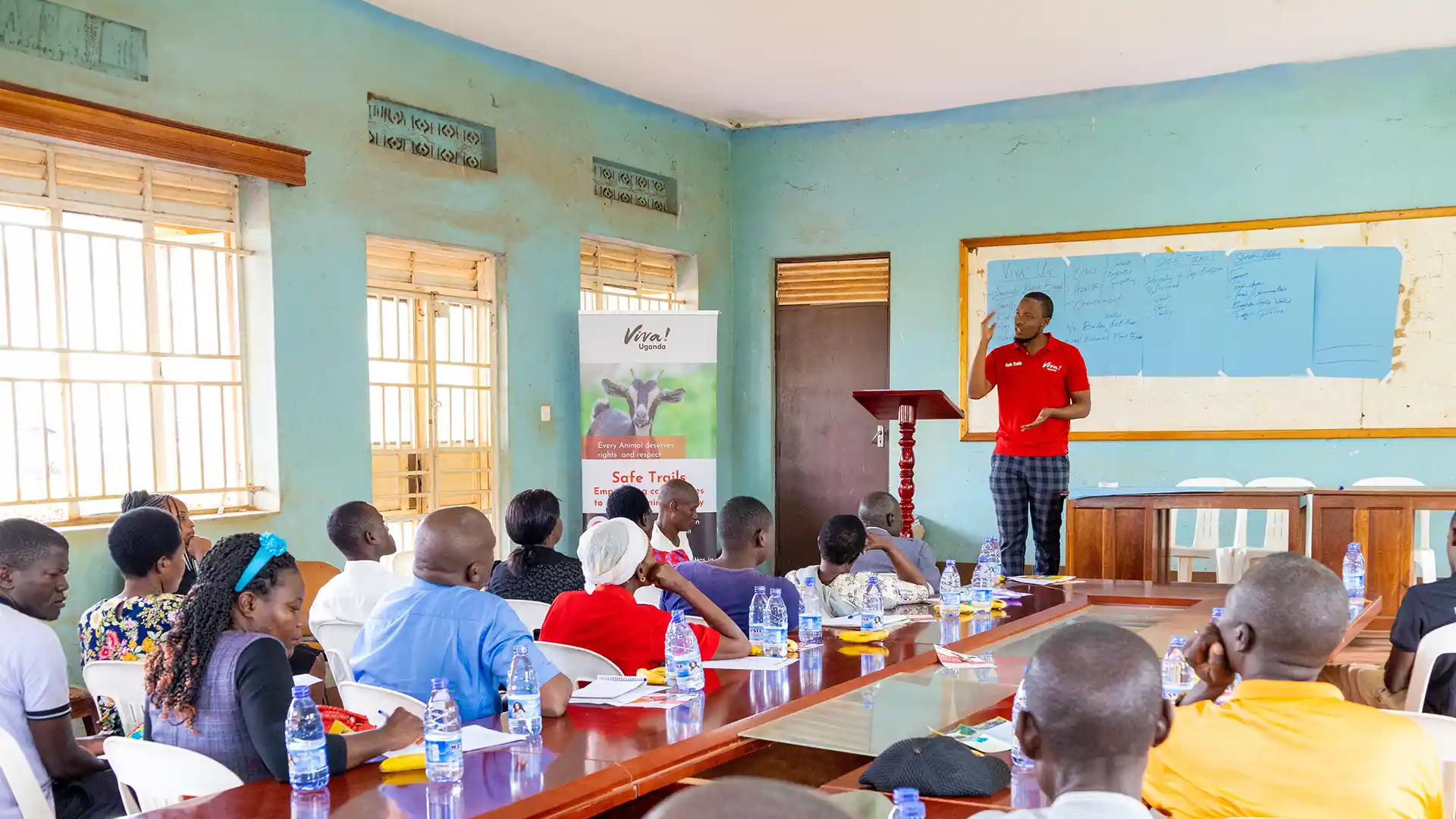
Safe Trails Campaign: Ensuring Humane Animal Transportation in Uganda
The Safe Trails campaign is a project dedicated to addressing the inhumane practices surrounding the transportation of animals in Uganda.
-
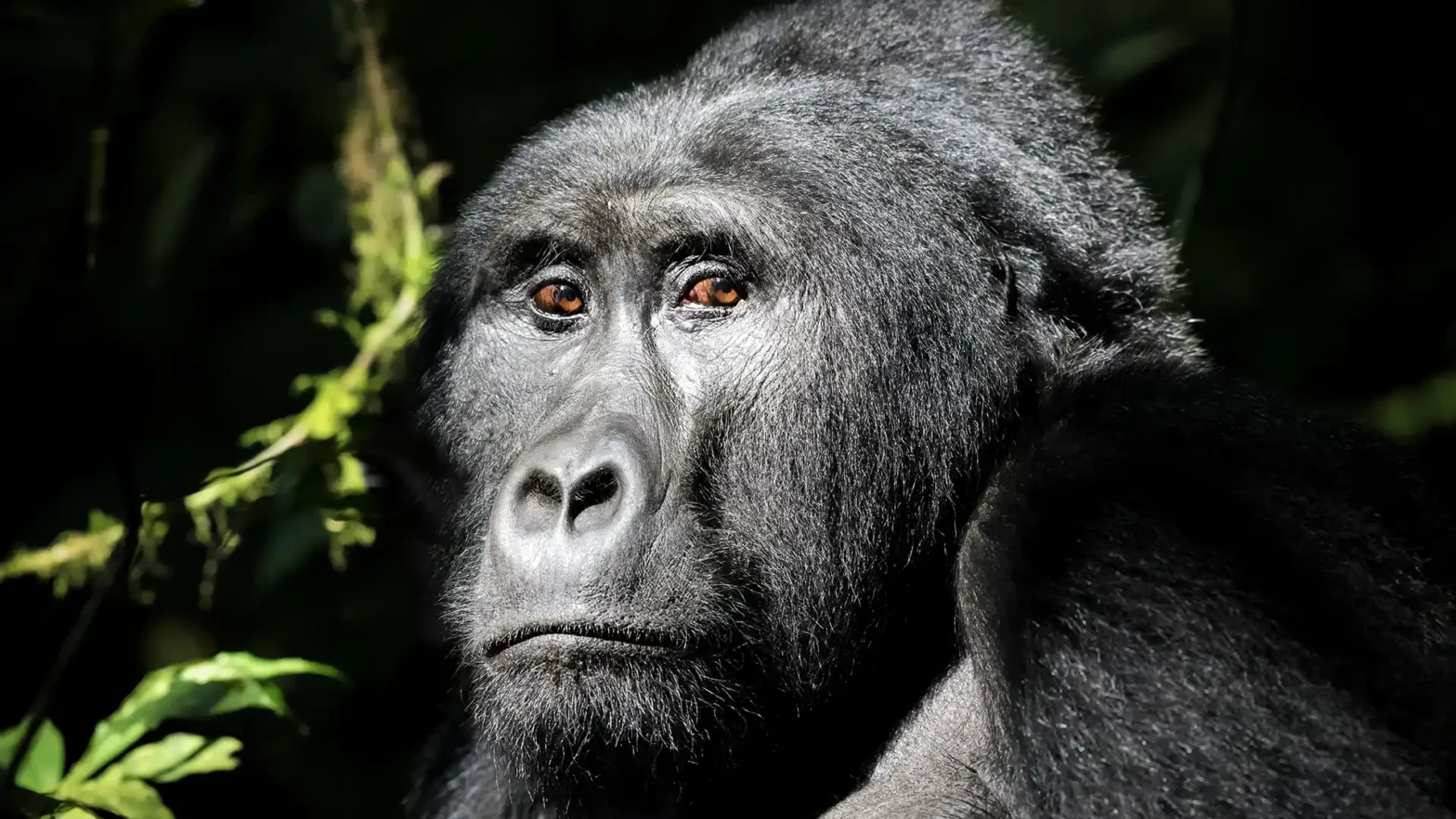
Gorilla Defenders
Viva! is collaborating with HUGO (Human & Gorilla Conflict Resolution), to supply equipment to the volunteers protecting the critically endangered mountain gorillas in Bwindi National Park.
-

COVCC Orphanage
Viva! has partnered with COVCC in Kalagi to teach children to be kind to all kind, to respect wildlife and about healthy plant-based nutrition.
-
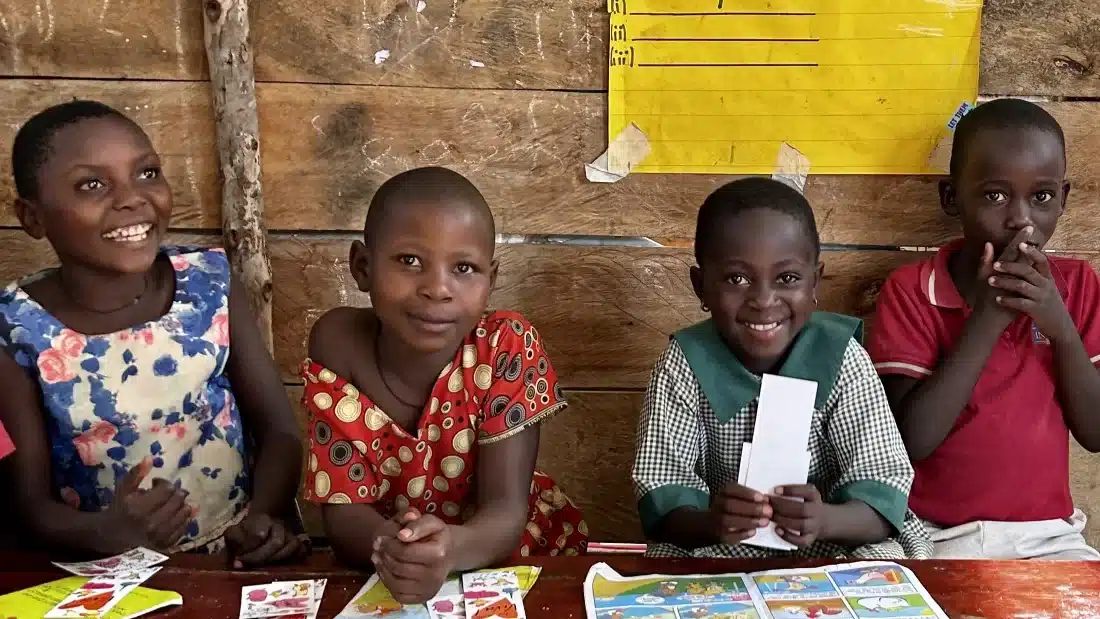
Atlas Vegan School Project
Viva! Uganda has started working towards a future in which sustainable, plant-based farming methods are the norm in Uganda with Atlas Community School.
-
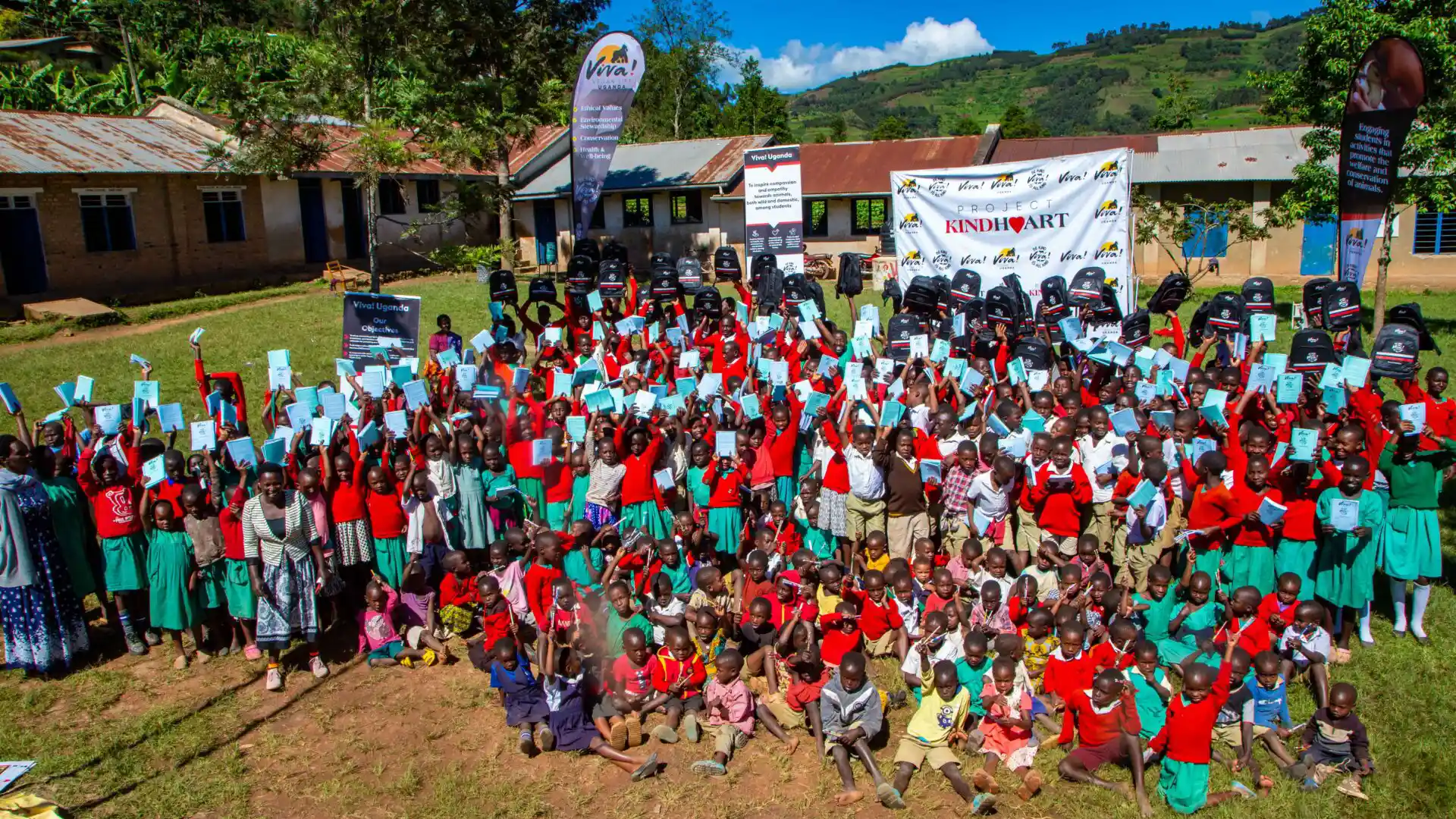
Project Kindheart
Project Kindheart is an ambitious school-based initiative run locally by Viva! Uganda staff and volunteers.
Animals content
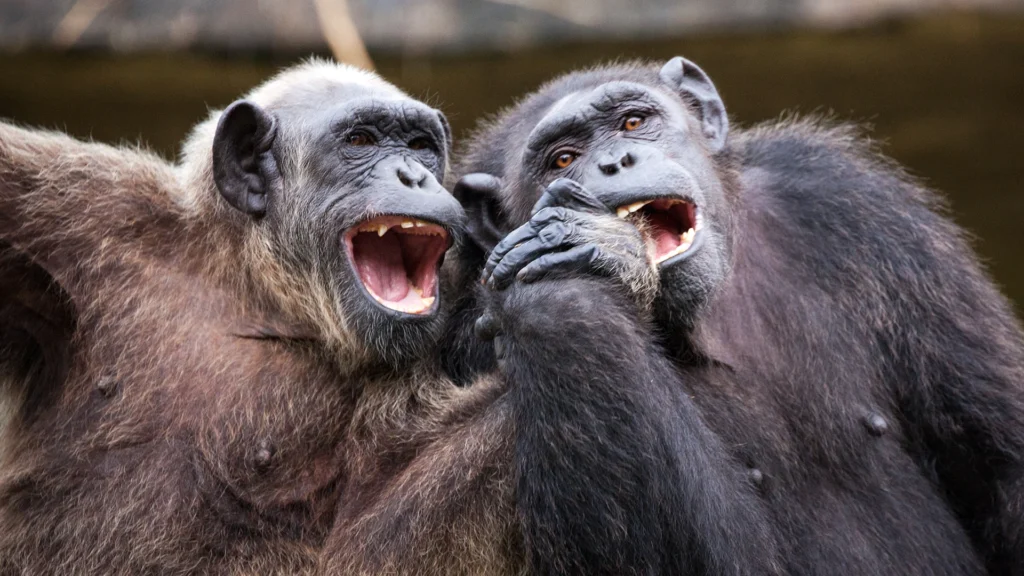
Cheeky Chimpanzees
Did you know?… Chimps, gorillas, bonobos and orangutans all love to make a monkey out of each other! They tickle and poke each other for fun. They also steal from each other just to playfully tease. Their sense of humour shows how smart they are. They also laugh when they are tickled, or when they wrestle and play-chase. Chimpanzees can make silent ‘laugh faces’ just like humans. Read more…
-
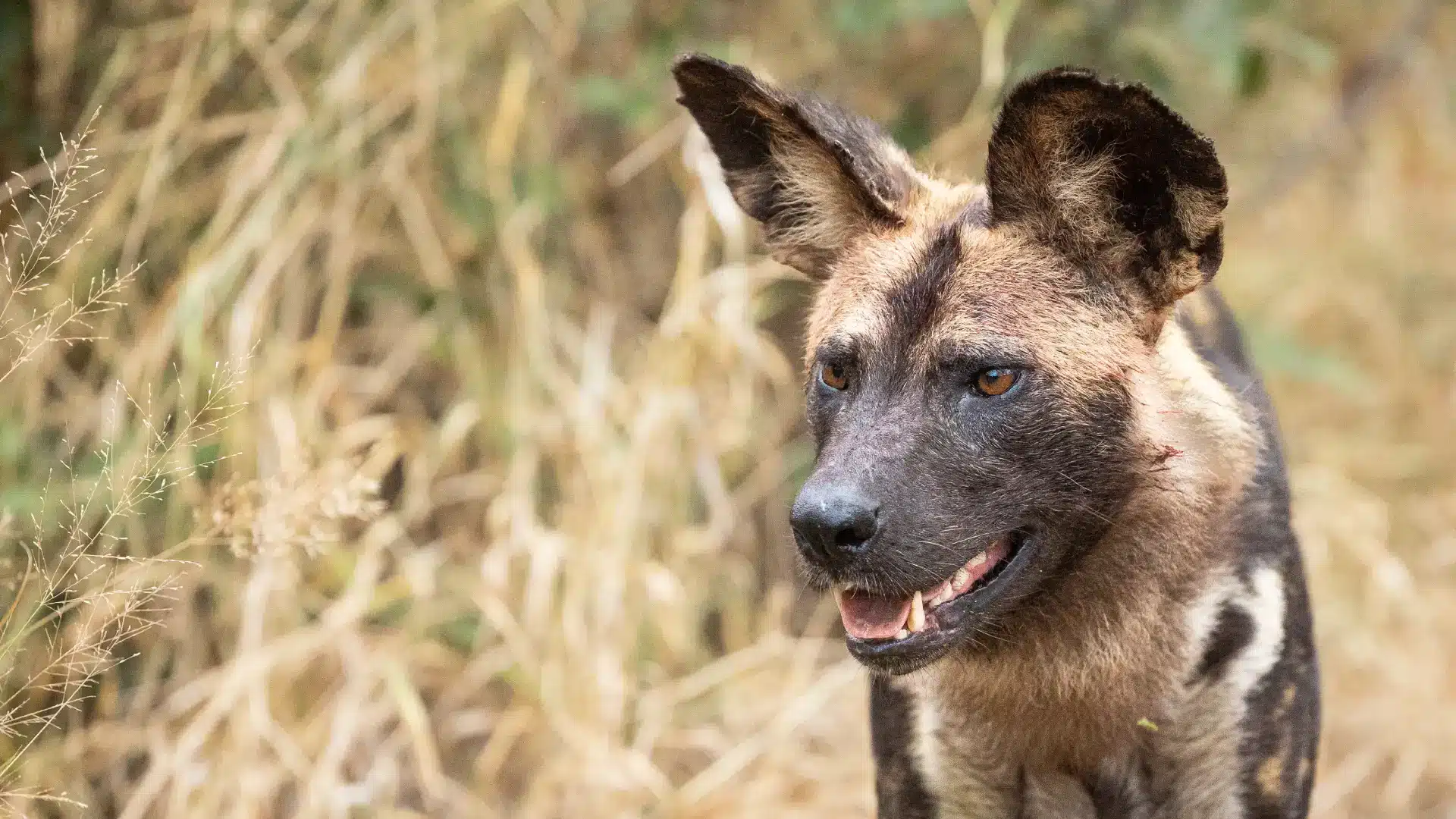
African painted dog
The African painted dog, also known as African wild dog and African hunting dog, is a carnivorous member of the canine family.
-
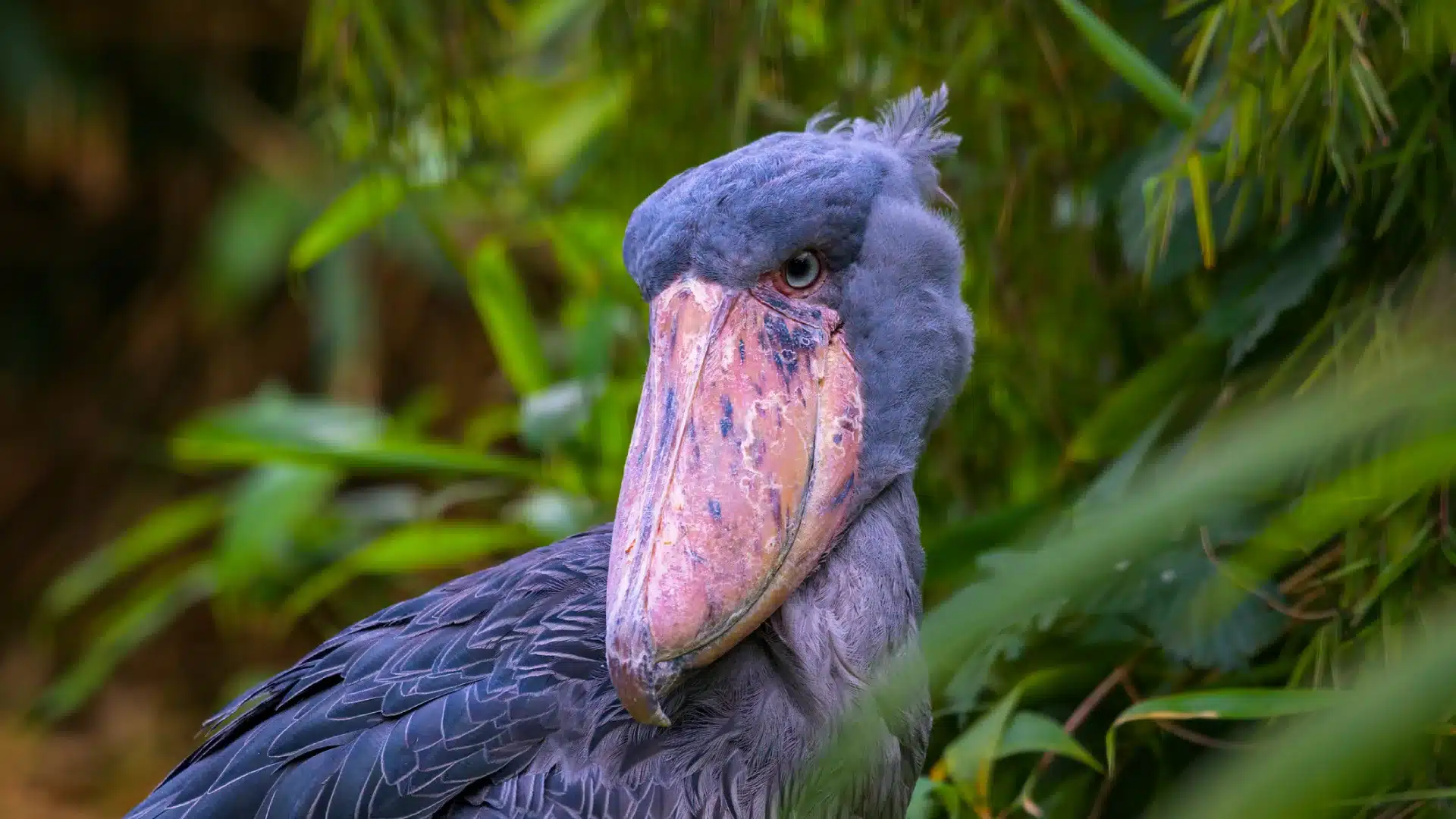
Shoebill
The shoebill (Balaeniceps rex) is a large carnivorous waterbird, similar to a stork.
-
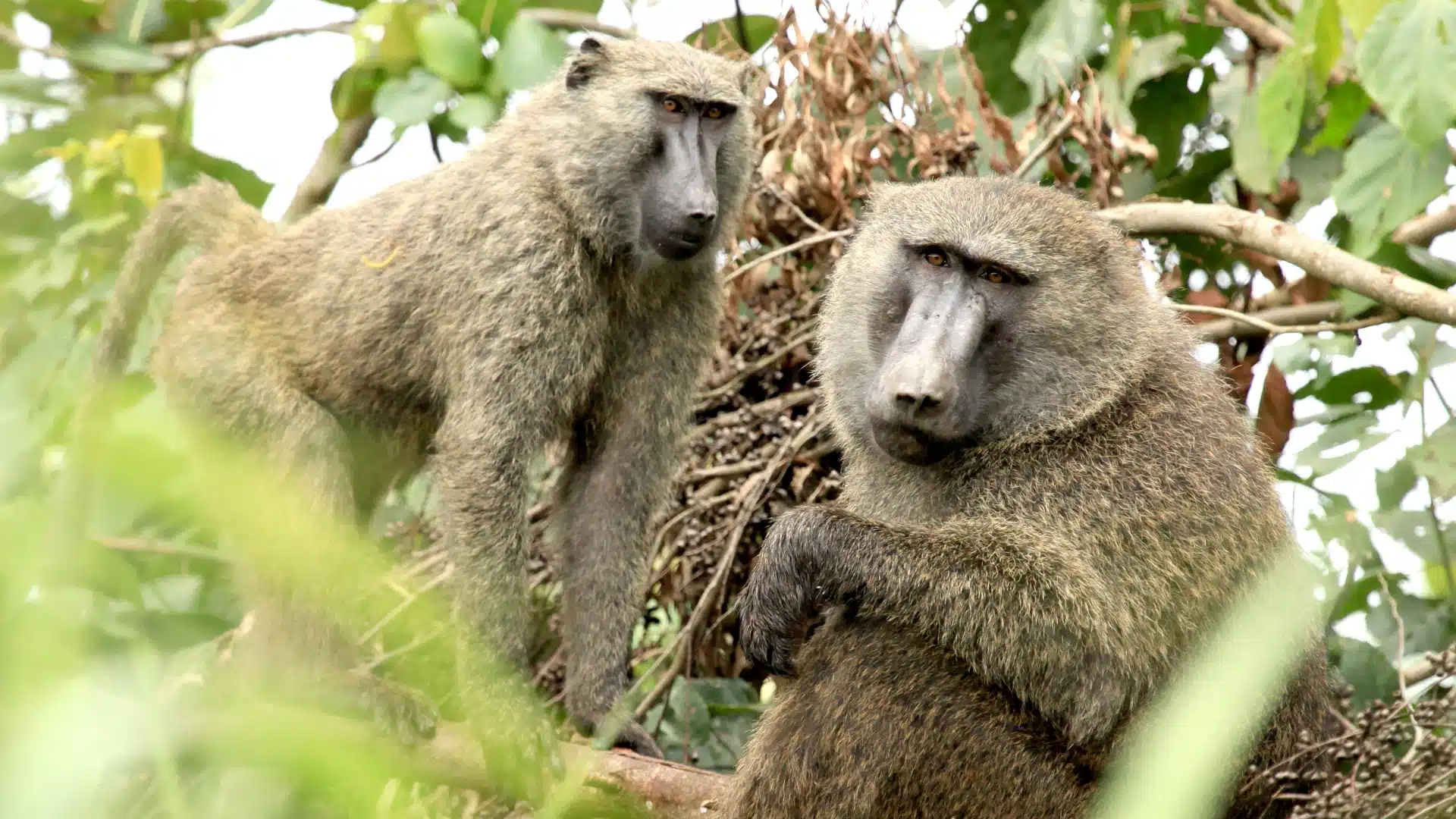
Baboon (olive)
There are five species of baboons and they all live in Africa – olive, yellow, chacma, Guinea and sacred.
-
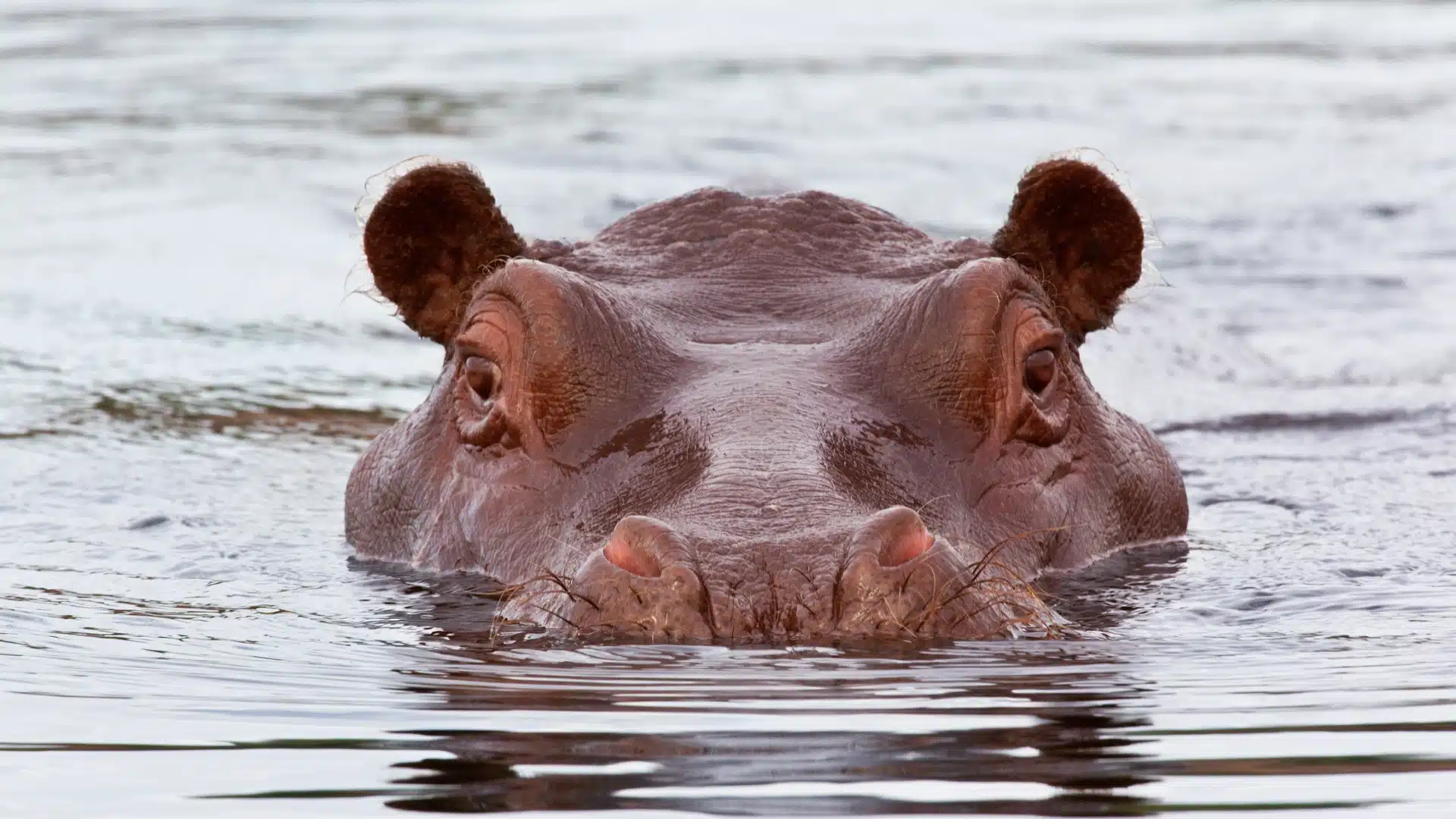
Hippopotamus
There are 115,000-130,000 hippos left in Africa but their numbers are decreasing at a horrifying rate.
-
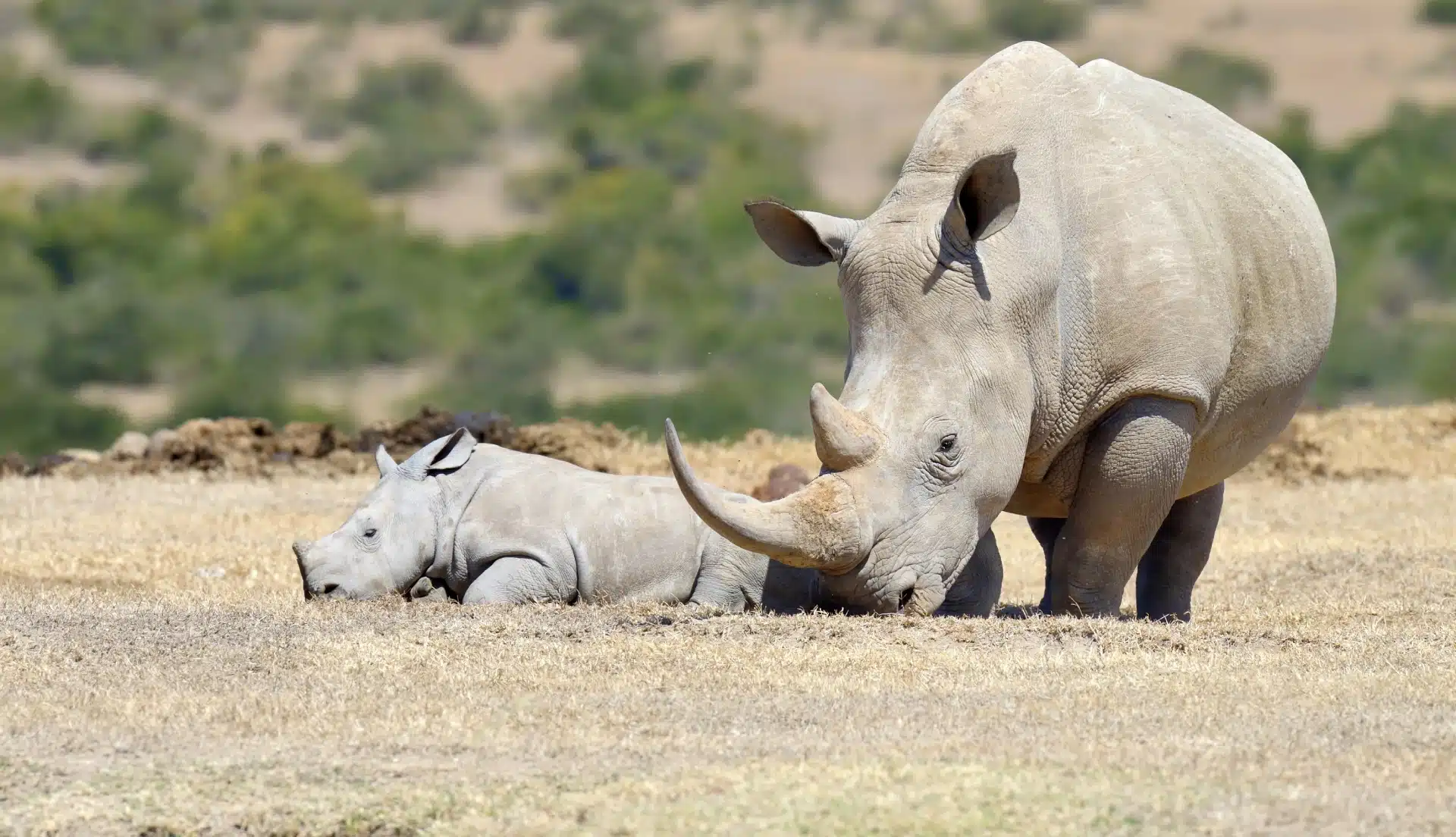
Rhinoceros (southern white)
In 2005, efforts were made to introduce the southern white rhino to Uganda in Ziwa Rhino Sanctuary.
-
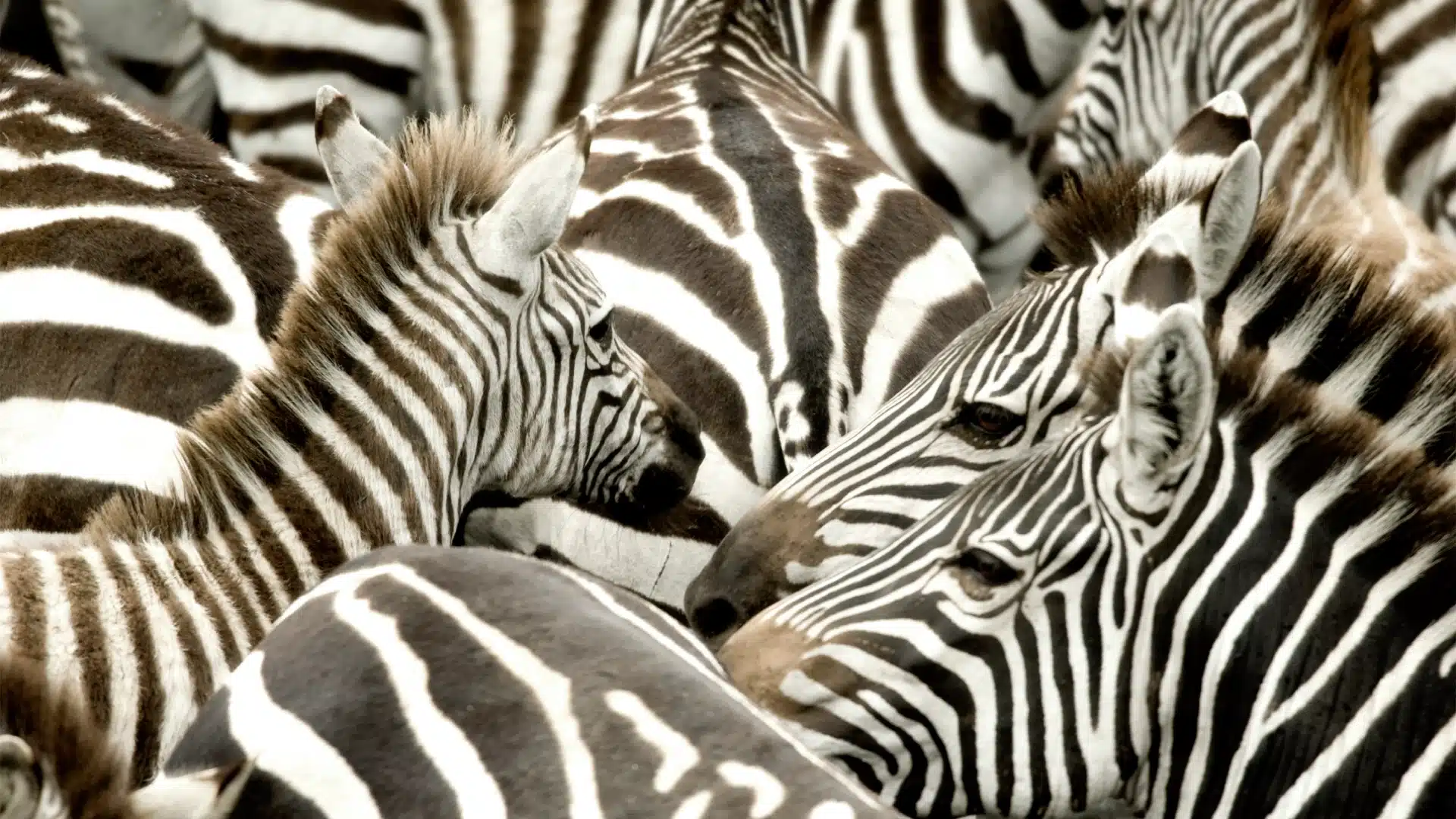
Zebra (plains)
Few animals are more iconic than the black-and-white striped plains zebra.
Health content
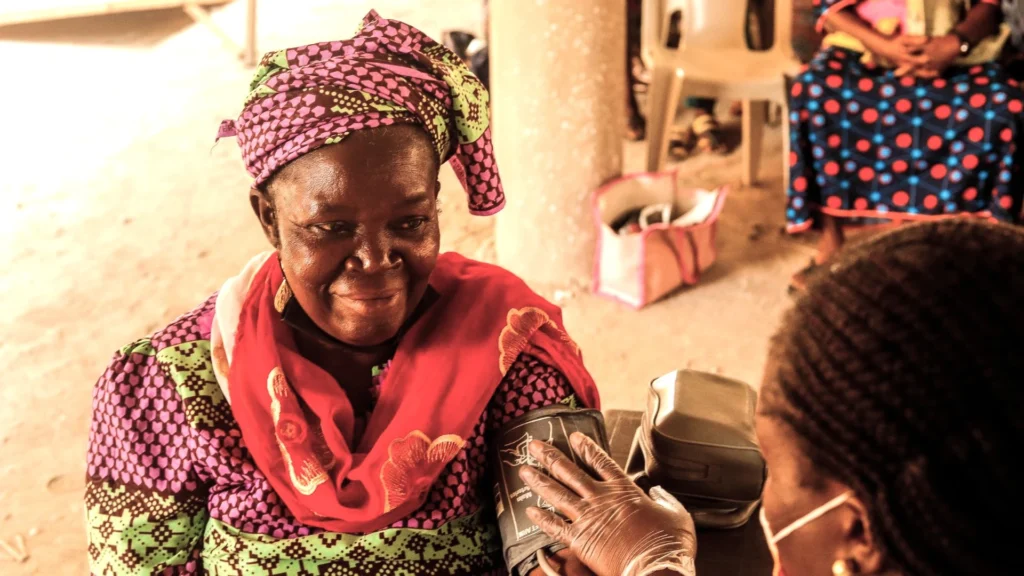
Love Heart!
“Did you know?… One in four adults in Uganda have high blood pressure (hypertension) but most people are are unaware of it? If left untreated, high blood pressure increases the risk of a heart attack or stroke. What you eat plays a big part in having high blood pressure. Scientists advise avoiding meat, high fat dairy, and salt. To protect your heart they advise eating lots of:
- Fruits – eg bananas, oranges, apples, mangos, pineapples etc
- Vegetables – eg broccoli, kale, spinach, carrots, sweet potatoes, tomatoes, squash and corn
- Wholegrains – eg brown rice, wholewheat bread, millet, barley, buckwheat and quinoa
- Pulses (peas, all types of beans and lentils) – eg no added salt kidney beans, pinto beans, lentils, black-eyed peas, chickpeas
- Nuts and seeds – although relatively high in fat, nuts contain the healthier unsaturated fats and a small handful of nuts a day can help protect heart health.
Plant-based diets are linked to lower blood pressure and overall better heart health outcomes compared with animal-based diets. Read more…
-

Yellow fever
Like other B vitamins, thiamine helps release energy from your food and deficiency can lead to many health problems. Find out which foods contain this important B vitamin.
-

Typhoid
Like other B vitamins, thiamine helps release energy from your food and deficiency can lead to many health problems. Find out which foods contain this important B vitamin.
-
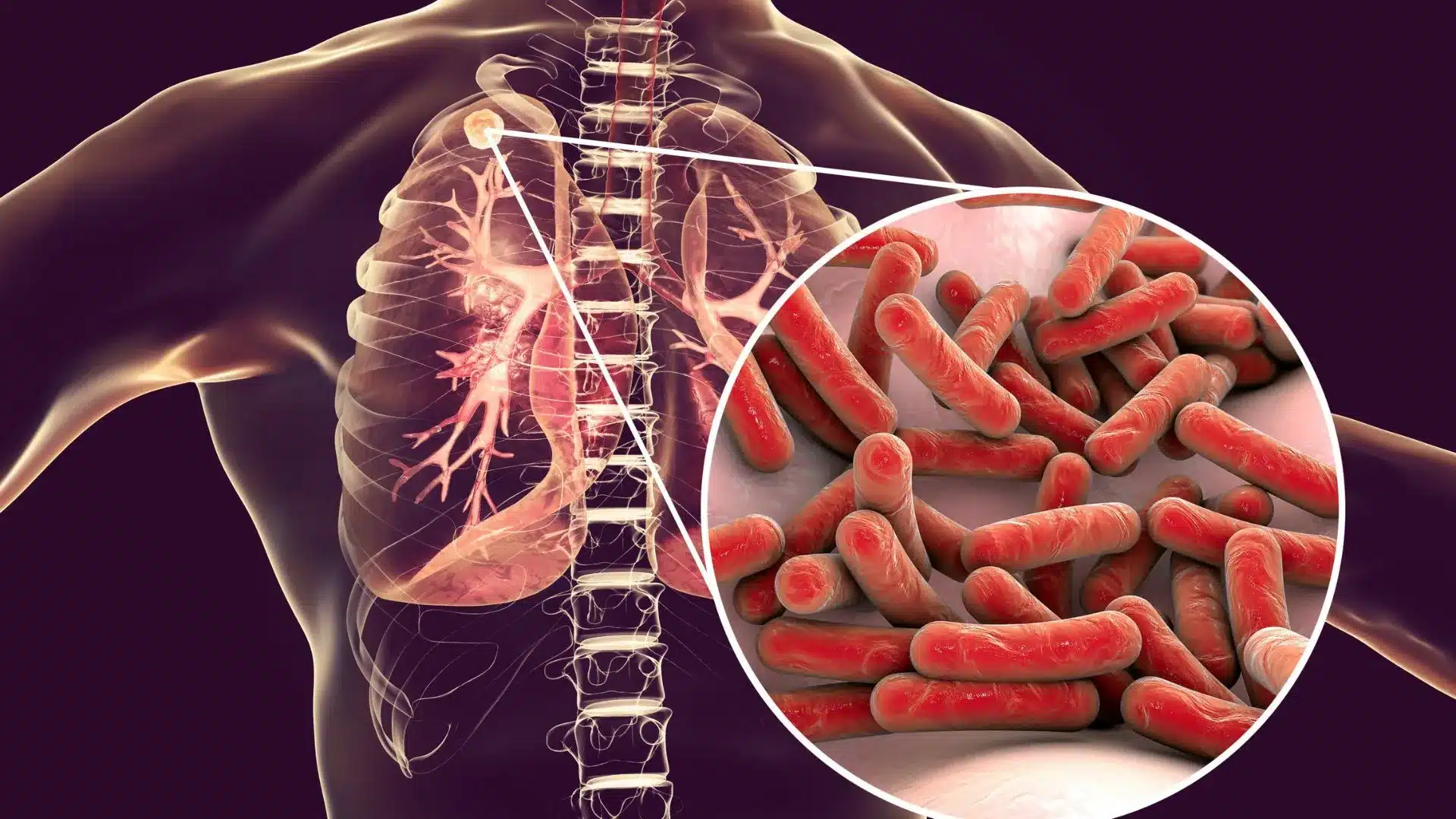
Tuberculosis
Like other B vitamins, thiamine helps release energy from your food and deficiency can lead to many health problems. Find out which foods contain this important B vitamin.
-

Stroke
Like other B vitamins, thiamine helps release energy from your food and deficiency can lead to many health problems. Find out which foods contain this important B vitamin.
-

Rift Valley fever
Like other B vitamins, thiamine helps release energy from your food and deficiency can lead to many health problems. Find out which foods contain this important B vitamin.
-
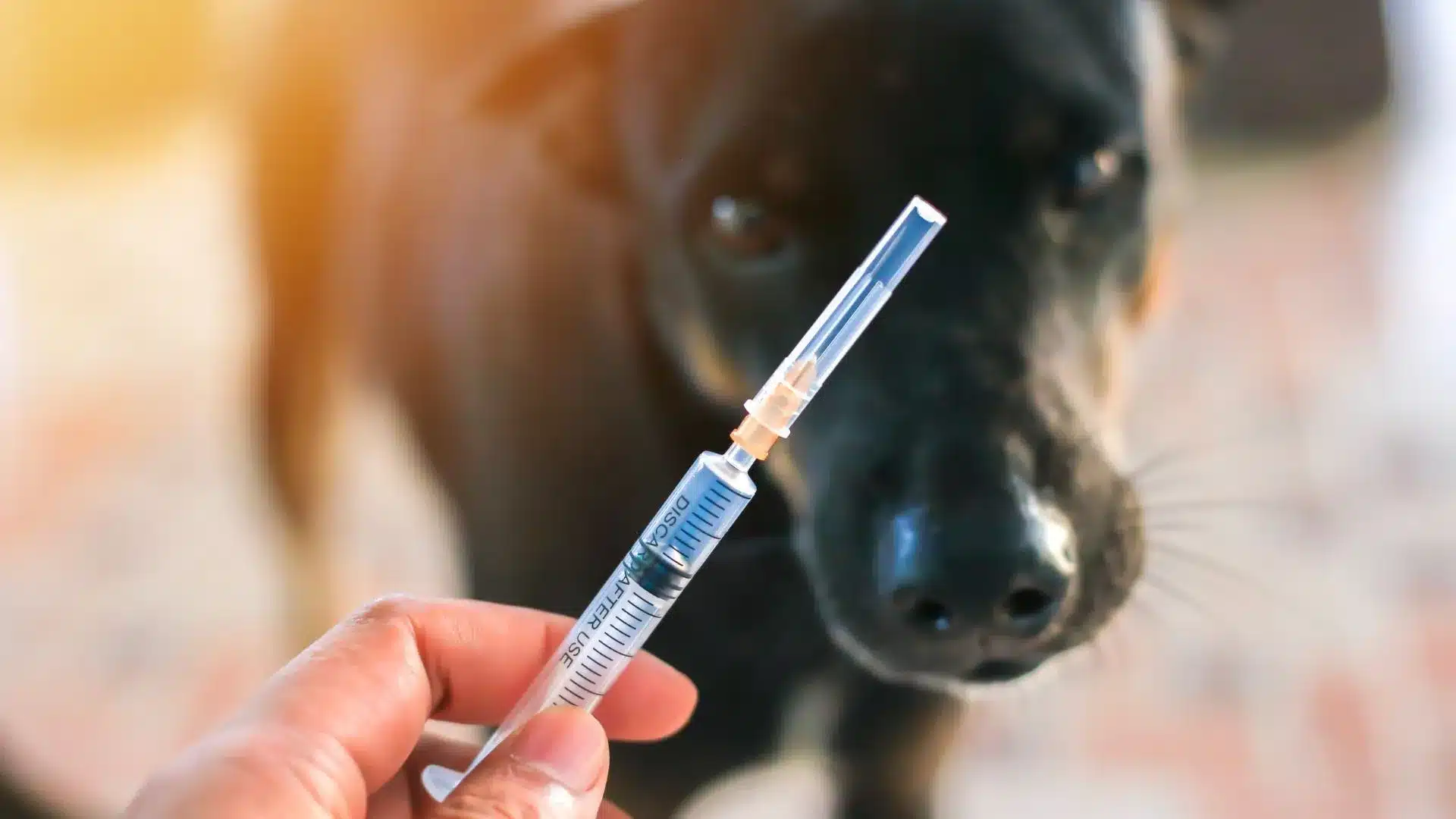
Rabies
Like other B vitamins, thiamine helps release energy from your food and deficiency can lead to many health problems. Find out which foods contain this important B vitamin.

